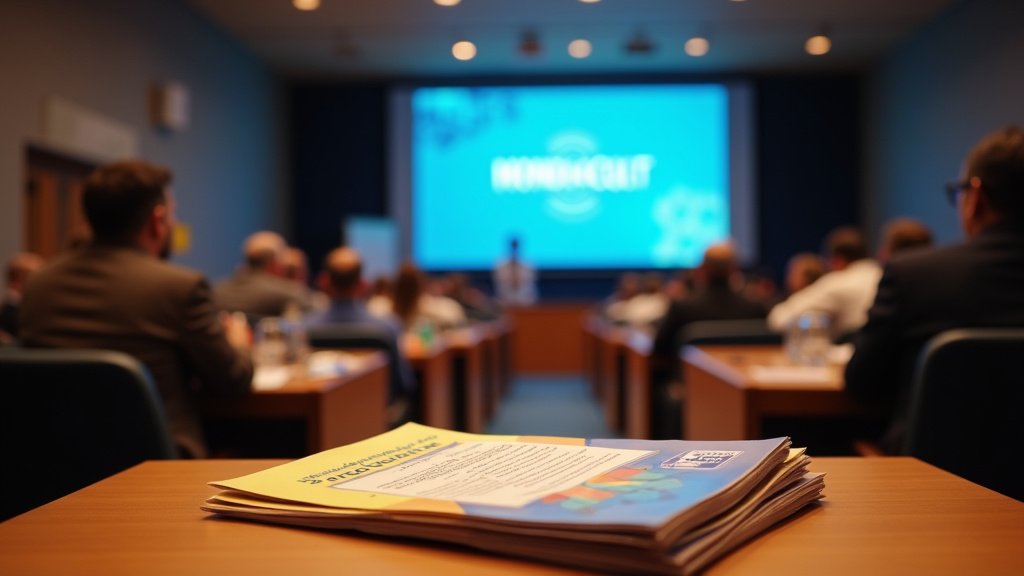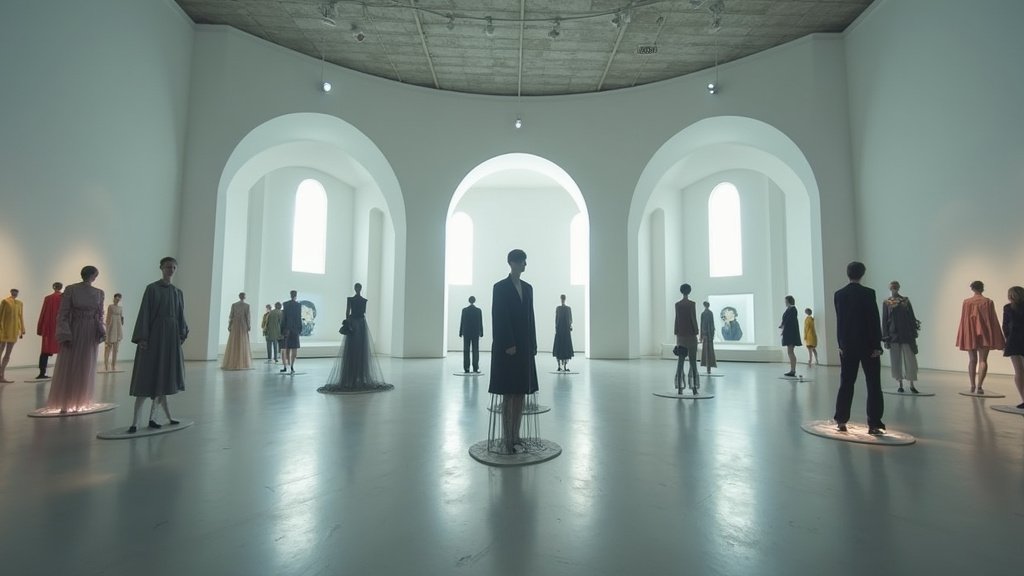Islamabad, Pakistan – UNESCO, in collaboration with its partners, convened a crucial national dialogue in Pakistan on July 22, 2025. The event centered on media and information literacy, marking a significant step towards bolstering digital literacy and promoting informed citizenry within the nation. The dialogue brought together key stakeholders to strategize and foster collaborations aimed at enhancing education, media practices, youth engagement, and the upholding of the rule of law. This initiative reflects a growing global emphasis on the importance of media literacy in an increasingly complex information landscape.
Aligning with Global Cultural Frameworks
The national dialogue was held in alignment with the 2022 MONDIACULT Declaration. This declaration underscored the pivotal role of culture as a global public good, advocating for inclusive cultural governance and the integration of culture within broader developmental strategies. The Pakistan-based dialogue actively embraced these principles, recognizing the intrinsic link between media and information literacy and the promotion of cultural understanding and expression. The event provided a platform for participants to consider how to leverage cultural resources to promote media literacy.
Strategic Collaborations and Key Discussions
The primary objective of the dialogue was to facilitate and advance strategic collaborations across different sectors. Discussions encompassed a wide range of topics, including the development of media literacy curricula within the education system, the promotion of responsible media practices, strategies for empowering young people to critically evaluate information, and the role of media literacy in strengthening the rule of law. Participants explored avenues for collaboration between governmental bodies, educational institutions, media organizations, and civil society groups. The goal was to create a cohesive and effective framework for promoting media and information literacy across Pakistan.
Media Literacy and Digital Transformation
A core focus of the dialogue was the integration of national digital strategies with international cultural frameworks. The workshop served as a forum for evaluating how digital transformation could be harnessed to improve media literacy. This involved examining the challenges and opportunities presented by the digital landscape, including the proliferation of misinformation and disinformation, and the need to cultivate critical thinking skills among citizens. The initiative contributed to placing culture at the forefront of digital transformation efforts in the region, demonstrating UNESCO’s commitment to ensuring that digital advancements align with cultural values and promote informed decision-making.
UNESCO’s Global Priorities and Regional Impact
The national dialogue in Pakistan aligns seamlessly with UNESCO’s global priorities, particularly its focus on promoting media and information literacy as a crucial component of sustainable development. The event served as a clear demonstration of UNESCO’s commitment to empowering individuals and communities to navigate the complexities of the digital age. By fostering collaboration and knowledge sharing, the dialogue aimed to strengthen the capacity of Pakistan to address the challenges associated with the proliferation of misinformation and disinformation while promoting media literacy as a key competency for the 21st century.
Shaping the Future of Information Consumption
The national dialogue on media and information literacy in Pakistan marked a crucial step towards shaping a more informed and discerning society. By bringing together key stakeholders, the event successfully fostered a collaborative environment for developing effective strategies and promoting the importance of media literacy across all sectors. The dialogue highlights the significance of understanding media and information in the context of culture, and demonstrates the critical need for ongoing efforts to enhance media literacy skills. The outcomes of the dialogue are expected to inform policy development and promote initiatives to empower citizens with the skills to critically evaluate information, participate actively in democratic processes, and navigate the challenges and opportunities of the digital age.





